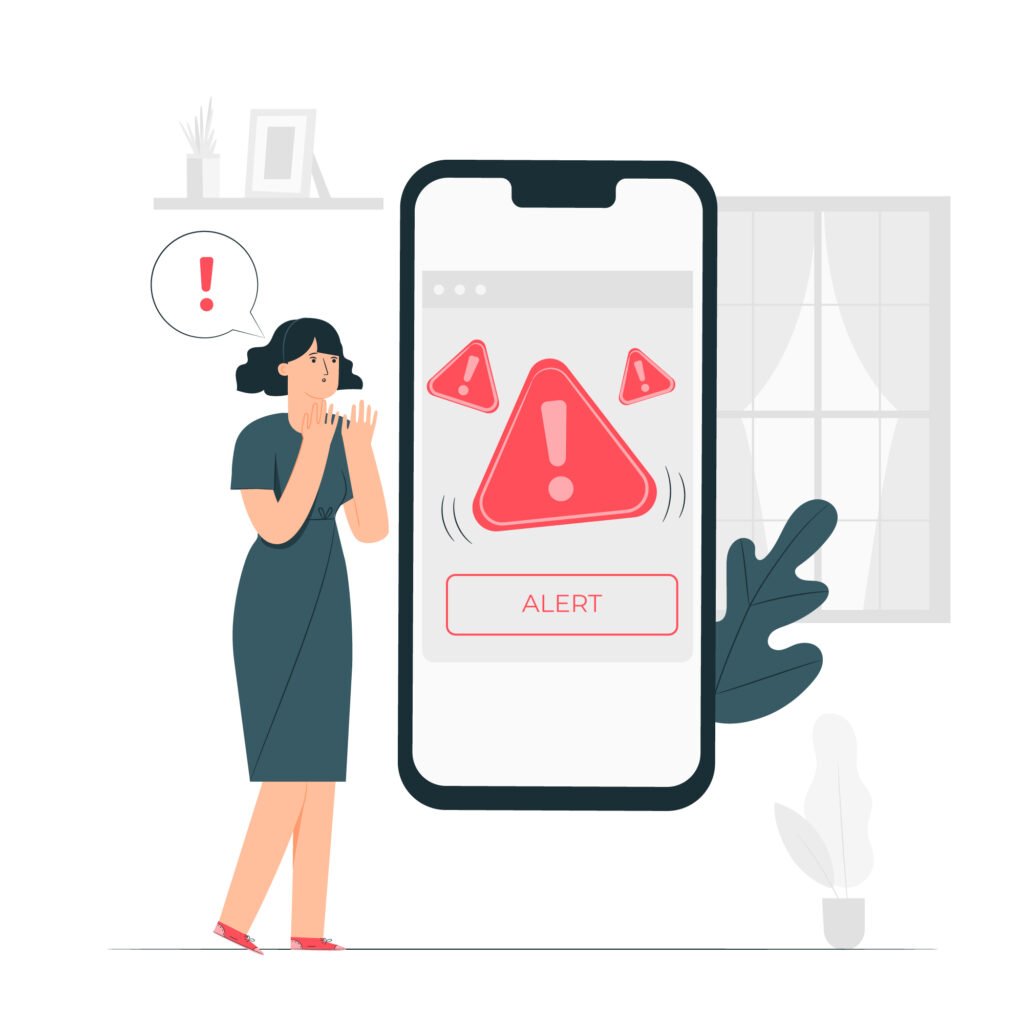Technology made it easier to find a love, or just someone to hang around with. However, those who are looking for a relationship and use apps for that, need to be careful not to fall for scams and even become a victim of kidnapping.
Growing Trend
In São Paulo, the Anti-kidnapping Division of the Department of Strategic Police Operations (Dope), a unit specialized in kidnapping by the São Paulo Civil Police, has informed that this is a growing trend with more and more cases every year.
Victims Profile
According to the Military Police, victims are usually older, financially successful men. They are people over 40 years old, single, or married, who are usually merchants or businessowner. Most criminals attract their victims through Tinder, with seductive messages and a request to meet as soon as possible.
Victims, according to police, are chosen according to the information it provides directly or indirectly, such as photos and profession. The main targets are those who post photos on international trips and next to luxury cars.

Types of scams

Verification scam: In this type of fraud, scammer contacts the victim and requests a code that was sent to her phone. However, this number is actually the key to access the Facebook account, Snapchat, WhatsApp or even the bank account. Scammers also use bots that contact matches with a fake profile and automatically send them account verification links. Criminals seek to take advantage of a Tinder profile verification tool in order to demonstrate that the photos belong to a real person’s profile and not a fake account.
Photo Credit: Imagem de storyset no Freepik
Fake profiles: this type of scam is more trivial. Criminals create fake profiles, with photos taken from image banks with models or sexually suggestive positions. After the match, the phone number is asked so that the scammer and the victim can “get to know each other better”, where they use social engineering to collect personal information.
Photo Credit: Imagem de storyset no Freepik


“Catfish”: In this strategy, bandits do not focus on stealing information or money, but the objective is to gain the trust of their victims and exploit this for their benefit, by asking for money and valuable gifts. Despite sounding harmless, catfish can cause quite a bit of anguish in victims, as fakers can take their lies very far and make the person on the other side of the screen fall in love with them.
Photo Credit: Designed by stories / Freepik
“Sextortion”: Sending sensual messages and photos (sexting) is quite common, but it can be dangerous. This material can be used by scammers for extortion, with threats of disclosure if a cash or cryptocurrency payment is not made. This type of scam can cause a lot of pain and anguish for victims, especially women.
Photo Credit: Imagem de storyset no Freepik


Financial romance scams: This scam is more complex both to detect and to apply. In them, scammers manage to go further, taking fraud from the virtual world to the real world. They are real people, with real profiles, but with hidden interests, who use Tinder to leverage their scams.
Photo Credit: Imagem de storyset no Freepik
Avoiding Traps
Such scams are increasingly common, and you need to know how to avoid them. Check out these valuable tips:
Protect your account: Choose a strong password and always use caution when logging into a public or shared computer. Tinder, for example, does not send e-mails asking for name and password. If you receive this type of request, report it immediately.
Be careful with links sent by users: you need to be careful not to click on any suspicious links. Report it if you receive spam or offers, including links to commercial sites or attempts to sell products or services.
On your profile:
- Use the abbreviated name or nickname
- Reduce personal information you make available such as “i love dogs”, as they are particular characteristics that can attract the scammer to the victim’s sentimental side
- Avoid putting information about your occupation
- Do not use photos that show international travel and expensive items
- When you are no longer using the app, delete or hide your profile. This prevents your location from continuing to be shared without you knowing
- Use the app’s built-in chat. This keeps your information logged and protected
During the conversation:
- Search or ask for the person’s profile on other social networks, such as Instagram and Facebook
- Search the photos on Google. To do this, just take the person’s photo and do a Google search (https://images.google.com) and choose the option “find the source of the image”. Then choose all sizes. If it is someone fake, it is possible that the photo appears several times as a result
- Watch for signs that may indicate manipulation of the image: irregular edges or shadows and low resolution are indications of montage or removal of photos from other profiles
- Profiles without a photo or with images available in banks: this increases the chance of being a fake profile
- Take your time. Get to know the person better before agreeing to meet
- Chat via video call, before meeting
- Make sure your match has online identity verification, ensuring they are who they say they are
- Never send money or financial information

During the date:
- Set the date during the day
- Choose a public, busy place outside a risk region. Do not arrange to meet on the street, at the person’s door or on quiet streets
- Let friends and family know where, when and with whom you are going out
- Arrange an emergency call: ask a trusted person to call you to find out how the situation is. If they doesn’t get an answer, they can take action or even call for help
- Have your cell phone charged and always with you
- Go with your own transport
- If the person changes the meeting point at the last minute, the recommendation is to cancel
- Limit alcohol consumption and do not leave drinks or personal items unattended
- Be aware of possible warning signs from the other person: if they spend a lot of time on their cell phone, if they are answering messages when talking to you, if they are looking outside, if they are worried about the time. These are all indications that a crime can happen
- Leave when you feel uncomfortable
If you don’t feel safe, ask for help on the platforms or call police authorities (190). And if you fall for a scam? Register the occurrence at the police station. Many victims end up not informing the police out of embarrassment and, as a result, underreporting of this type of crime is recurrent.




